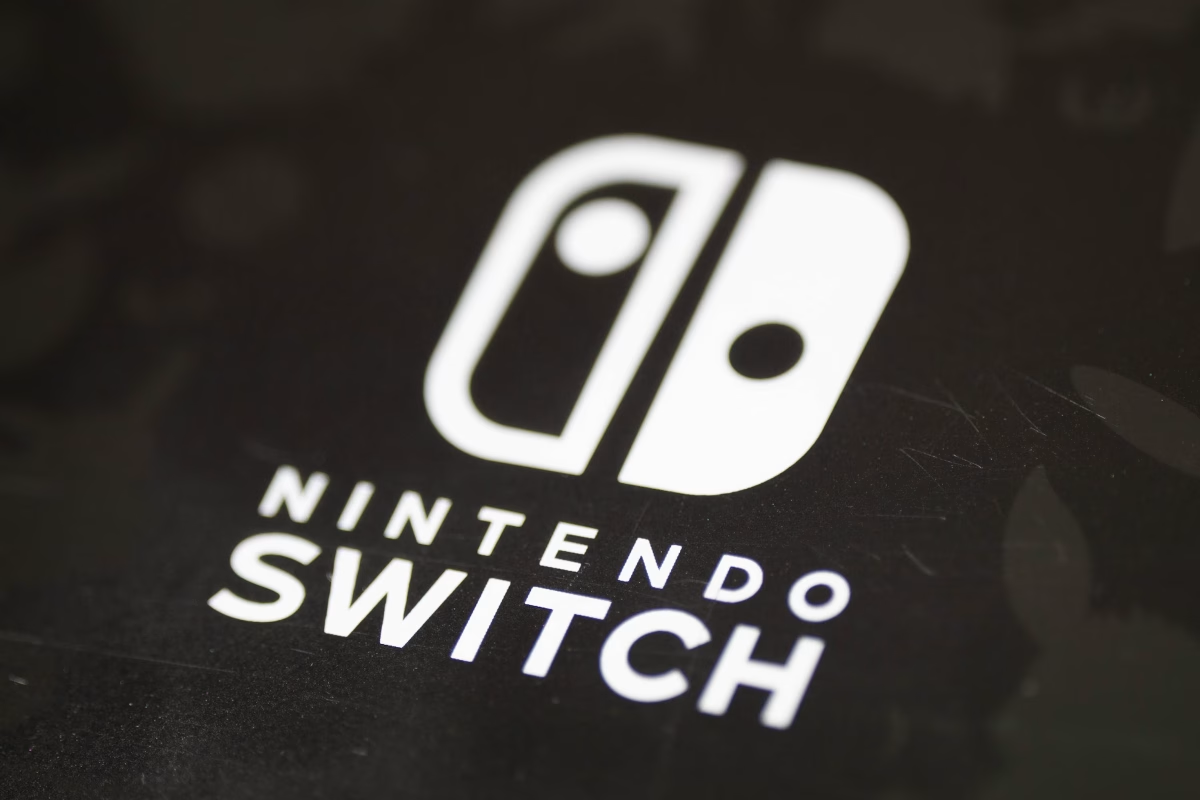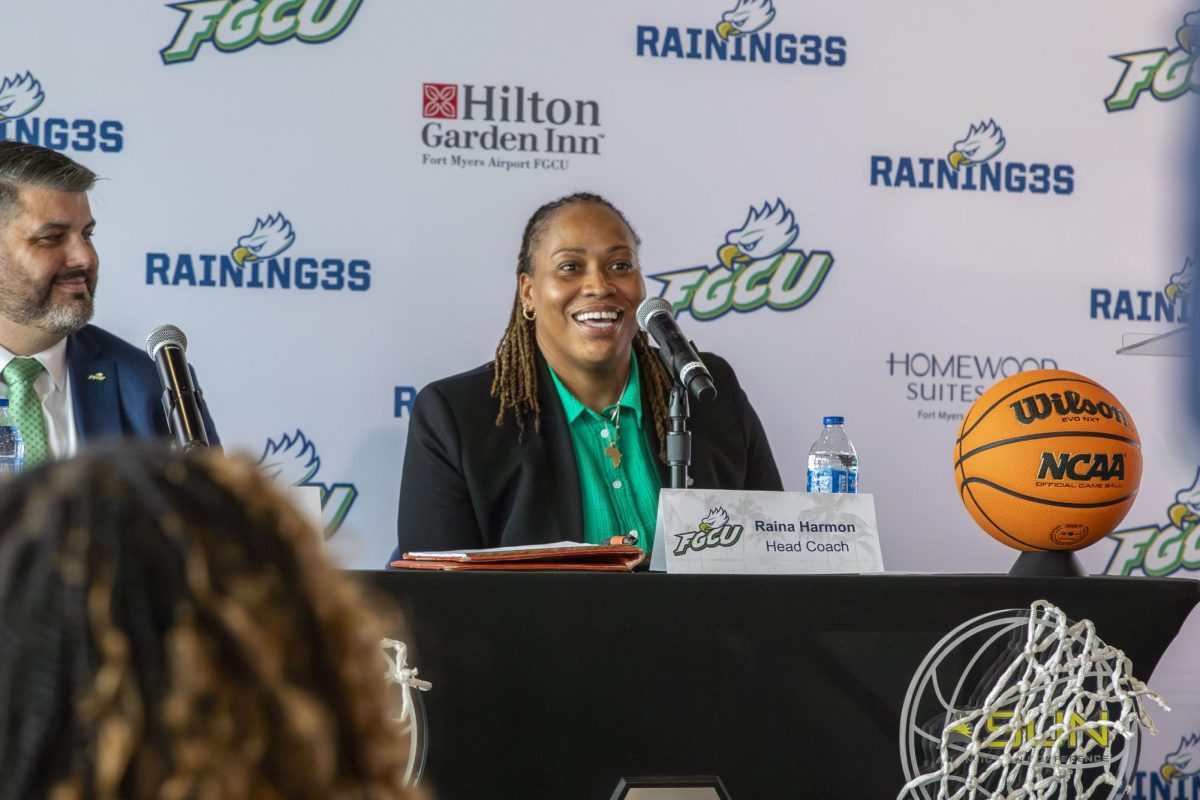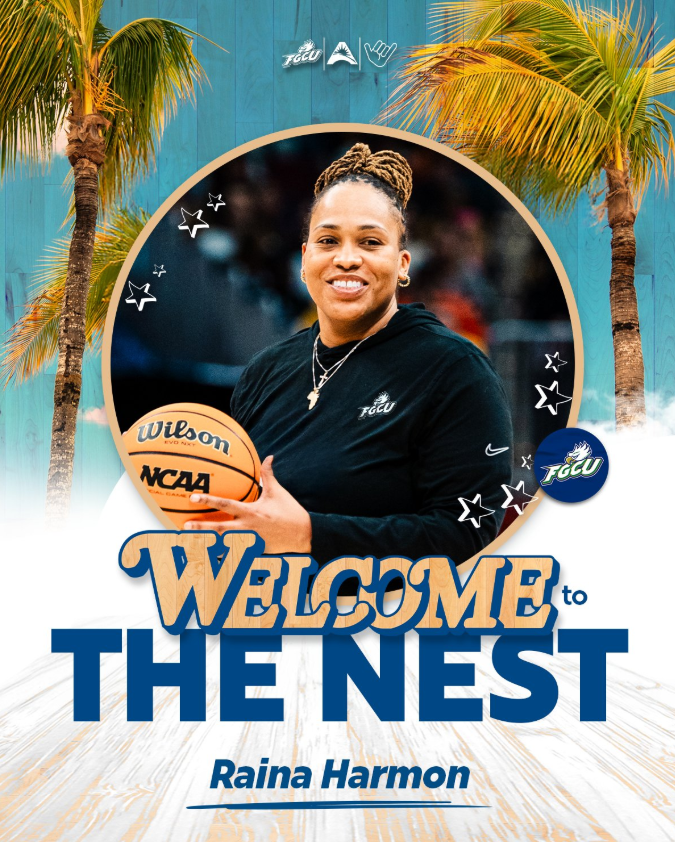Letter to the Editor: Environmental Identity or Diversity
January 2, 2023
Dear Editor,
A well-rounded university has a diverse identity with multiple assets, which leads to engagement with varying perspectives and an impressive reputation. However, I am not interested in attending a prestigious ivy-league school. I came to FGCU because it proudly expresses its environmental identity. FGCU stands out as a university because the culture collectively cares about the environment.
FGCU’s identity within the variety of majors and extracurricular clubs is already diverse in a way that lives alongside the environment, not against it. For example, as a graduation requirement, all students from all five colleges are required to take a Colloquium course with a mission to “… act for social, environmental, and economic sustainability in a changing world” (FGCU.edu). This course empowers students to make conscious decisions based on sustainability in their respective fields. FGCU also encourages the incredible amount of cooperation it takes to tackle environmental issues, which is why it has built its newest facility, The Water School. As an environmental studies major, most of my classes this semester are in the Water School, and it is such a relief to have a space that is supported by fellow peers, faculty, staff, and the school itself.
If FGCU were to diversify its identity, I believe people would be confused why a school would steer away from its primary source of attracting incoming students, funds, and innovative opportunities. Maybe clearing land for a football field would bring in more students, but that would clearly counteract the university’s respect for its local ecology and cause a culture shock. Another impact would be the retaliation of the identity shift, which would be targeted at the school’s decision-makers, creating tension and lots of conflicts. The change in identity would make FGCU indifferent to other public universities, make many lose their support, and take away the student’s opportunity to sustainability succeed in their field.
I hope that the future of FGCU will uphold its values and continue to inspire people to preserve the local natural ecology. The university’s decision-making process should be more publicized, and the student’s input should have more power, especially concerning development and expansion. Conflicting agendas will inevitably persist, but FGCU has continued to align with its beliefs and support various environmental efforts. I believe more universities should follow in FGCU’s footsteps and emphasize the importance of the environment to mitigate the increasingly severe effects of anthropocentrism. If you are in any way associated with FGCU, take pride in its environmental identity and strive toward making environmentally conscious choices.
Thank you,
Polina Radinsky




























